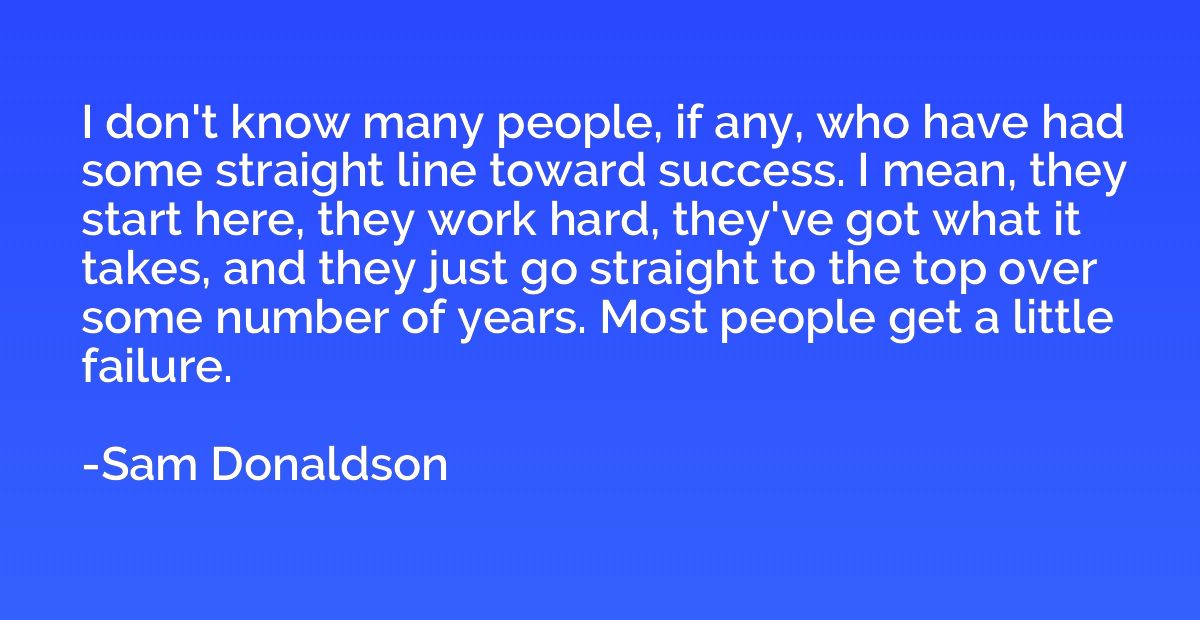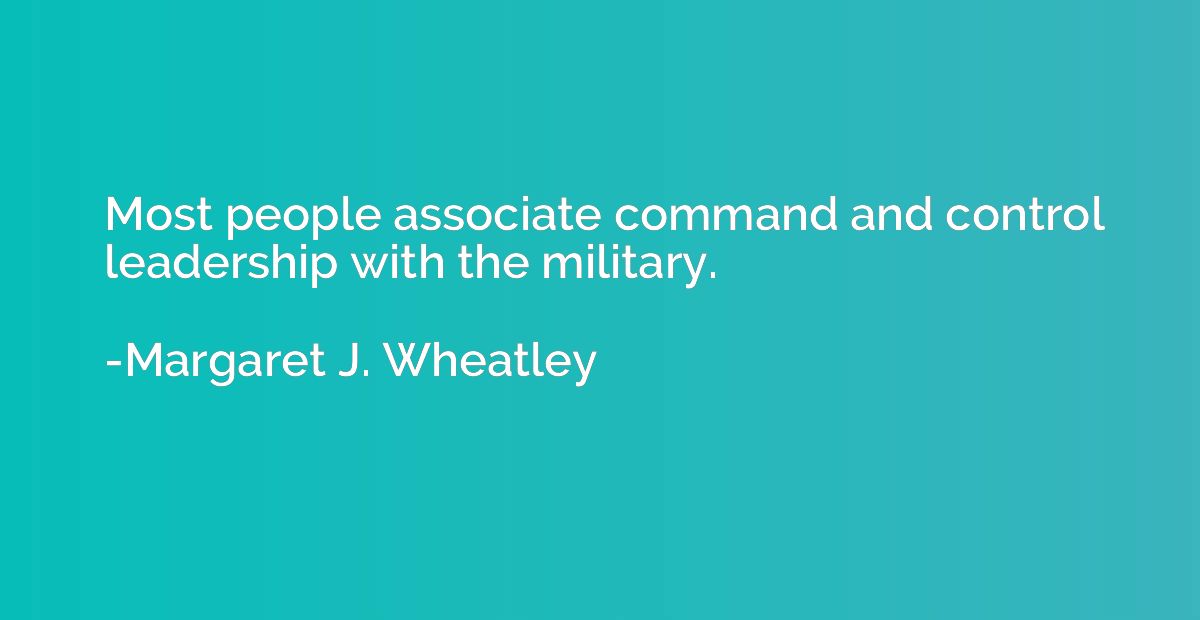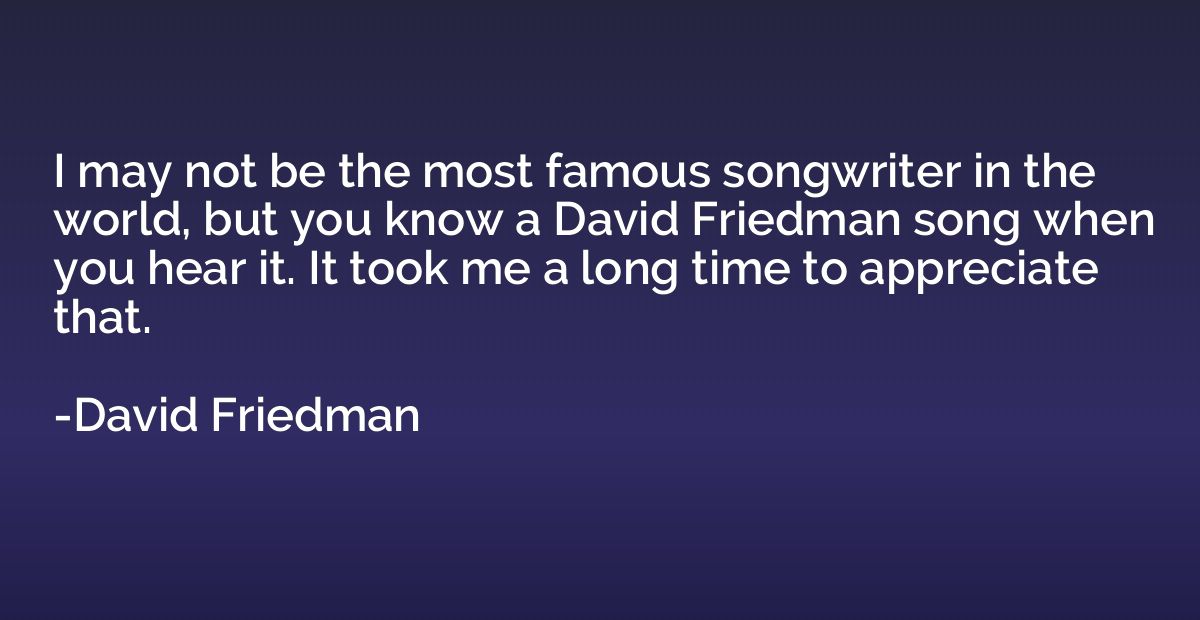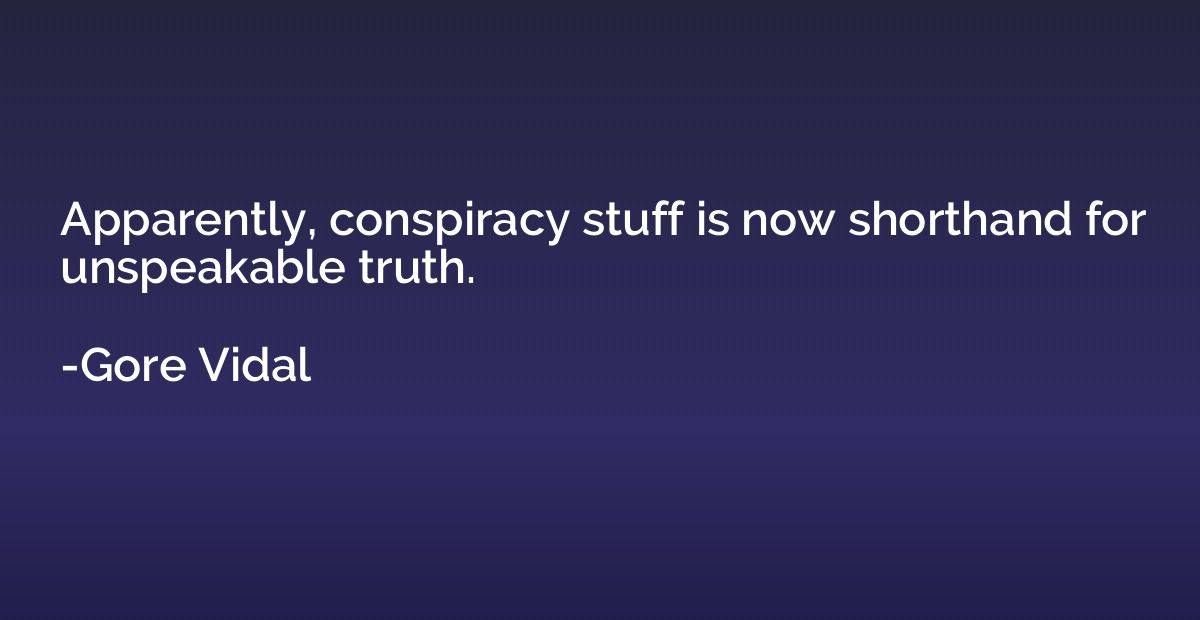Quote by Charles Kuralt
I saw how many people were poor and how many kids my age went to school hungry in the morning, which I don't think most of my contemporaries in racially segregated schools in the South thought very much about at the time.

Summary
In this quote, the author reflects on their observation of poverty and hunger among their peers in racially segregated schools in the South. The author implies that while their contemporaries did not pay much attention to these issues, they personally witnessed the harsh realities faced by many underprivileged individuals. This statement highlights the author's heightened awareness and empathy towards societal inequalities, suggesting that they possessed a deeper understanding and concern for the struggles faced by less fortunate individuals during that time.














